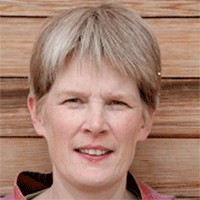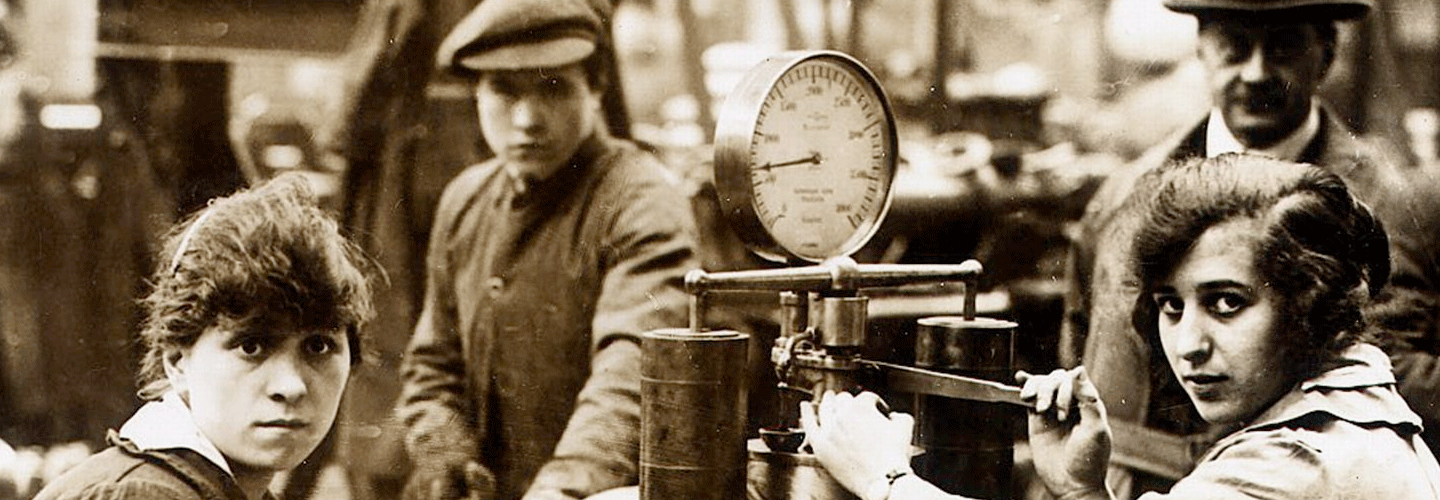Everyday lives in war
Our First World War engagement centre is supporting community groups across the UK to capture the missing stories from a century ago, moving beyond the known narratives of courage and sacrifice to explore daily life during wartime.
Led by the University of Hertfordshire, in collaboration with the Universities of Essex, Northampton, Lincoln, Central Lancashire and West of England, the Everyday Lives in War Centre is one of five First World War engagement centres set up to build connections between university and community researchers as part of the nation’s commemoration of the war’s centenary.
Funded by the Arts and Humanities Research Council, the Hertfordshire-based Centre has worked with more than 200 community groups and heritage organisations nationwide. Its support ranges from talks and training sessions to using the Centre’s website to connect community-based and independent researchers with wider audiences.
Its academics have helped local history groups to develop greater confidence in their research skills and to tackle more challenging research questions relating to the First World War. At the same time, the Centre’s support for research collaboration has enabled a mutual recognition of expertise, with community projects generating new knowledge about the conflict and its legacies.
“We are particularly interested in exploring comparative perspectives through which communities across the UK can research and share diverse First World War histories and legacies.”
Building relationships
The Centre encourages UK-wide community research into subjects such as First World War food and farming, theatre and entertainment, family relationships, and cartoons, trench publications and popular culture.
Research projects have included exploring how children’s perspectives of the First World War were shaped through teaching, toys and loss; how the War inspired a boom in fortune-telling as anxious relatives sought news of loved ones in the trenches; and the revival of forgotten plays and personalities of the wartime theatre industry.
In a collaboration with UHArts, the University’s arts and culture programme, the Hertfordshire and Birmingham-based Engagement Centres hosted a national touring exhibition, Beyond the Battlefields, which showed photographs of life in Germany before, during and after the First World War. Taken by German housewife Käthe Buchler and never previously seen outside Germany, the photographs offered a unique comparison with images from the same period in Britain.
A significant element of the Centre’s work is to build relationships. The team has worked with the Heritage Lottery Fund to support many community and heritage groups across the UK as they mark the war’s centenary year at local level. They have reached people from all walks of life, including lone researchers, members of local history societies, heritage professionals, volunteers, enthusiasts, advocates for socially disadvantaged groups and social activists.
In creating networks of university and community researchers the Centre reflects the project’s key aim of broadening community participation and social inclusion in historical research. This is equally reflected in the University’s own Heritage Hub, which works to foster historical awareness in the community, public policy and commercial settings.
As the first century of First World War history passes, the Centre will be contributing to a series of festivals in 2019 examining the legacies of the First World War. Jointly hosted by the five Engagement Centres, the festivals will invite community organisers, heritage workers, local historians, academics and the public to reflect on public history and heritage, and how community organisations and academics can continue working together to explore all aspects of the past.

Professor Sarah Lloyd
Director, Everyday Lives in War
Sarah is a member of the History Department at the University of Hertfordshire and chair of the University's Heritage Hub. She has two main strands of research: the community histories of Hertfordshire, which includes Everyday Lives at War, and the histories of charity and poverty in eighteenth century Britain. One element of the later, 'Archives of the Otherwise', explores the significance of imagined possibilities in promoting various poor relief schemes. Sarah explored these in her 2009 monograph, Poverty & Charity in England c1680-1820: wild & visionary schemes.
